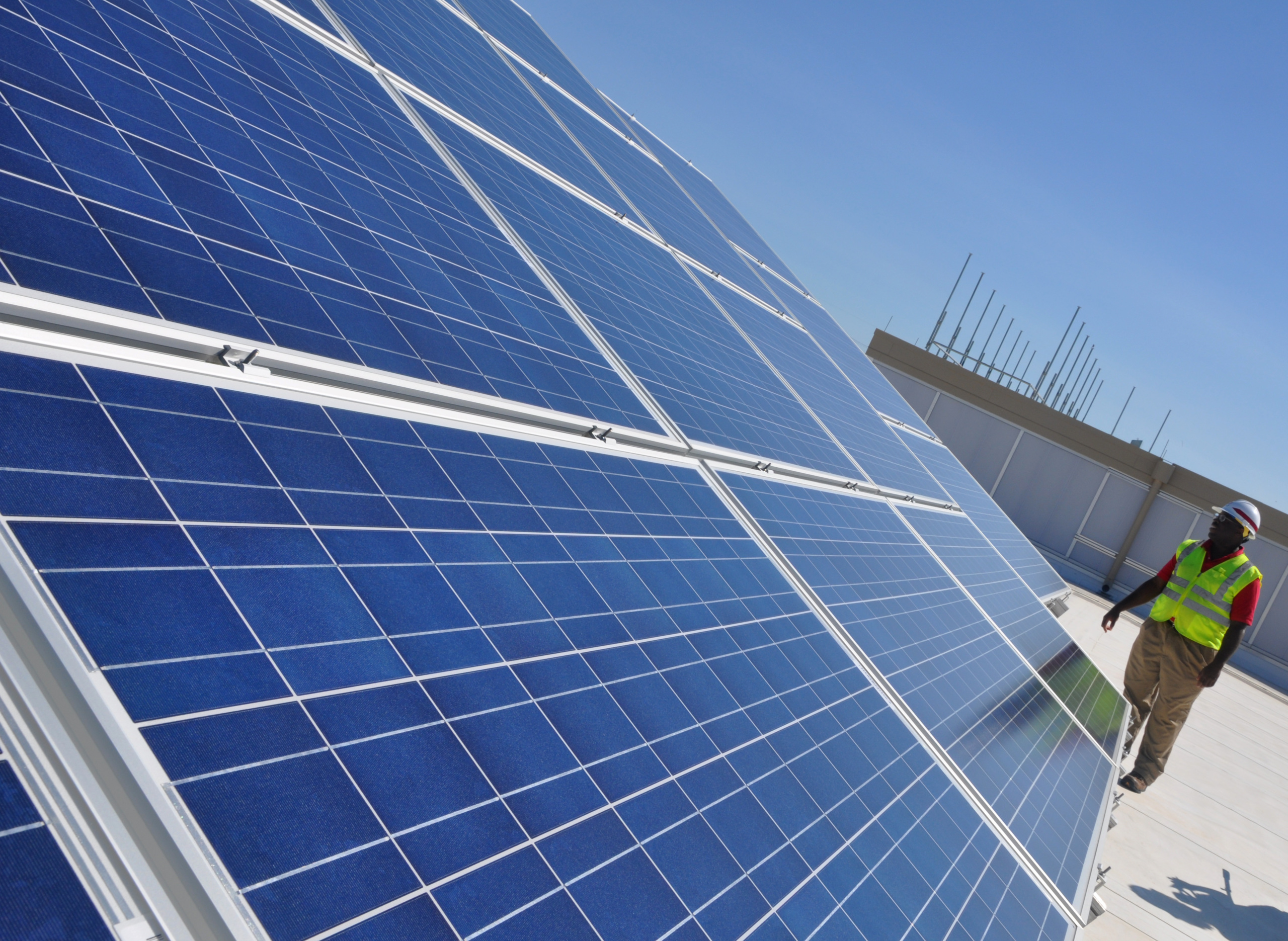SB 856, HB 839, and SB 1128 Testimony
Environment Florida stands in opposition to SB 856: State Preemption of Energy Infrastructure Regulation, along with its companion bill HB 839, and SB 1128: Preemption on Restriction of Utility Services.
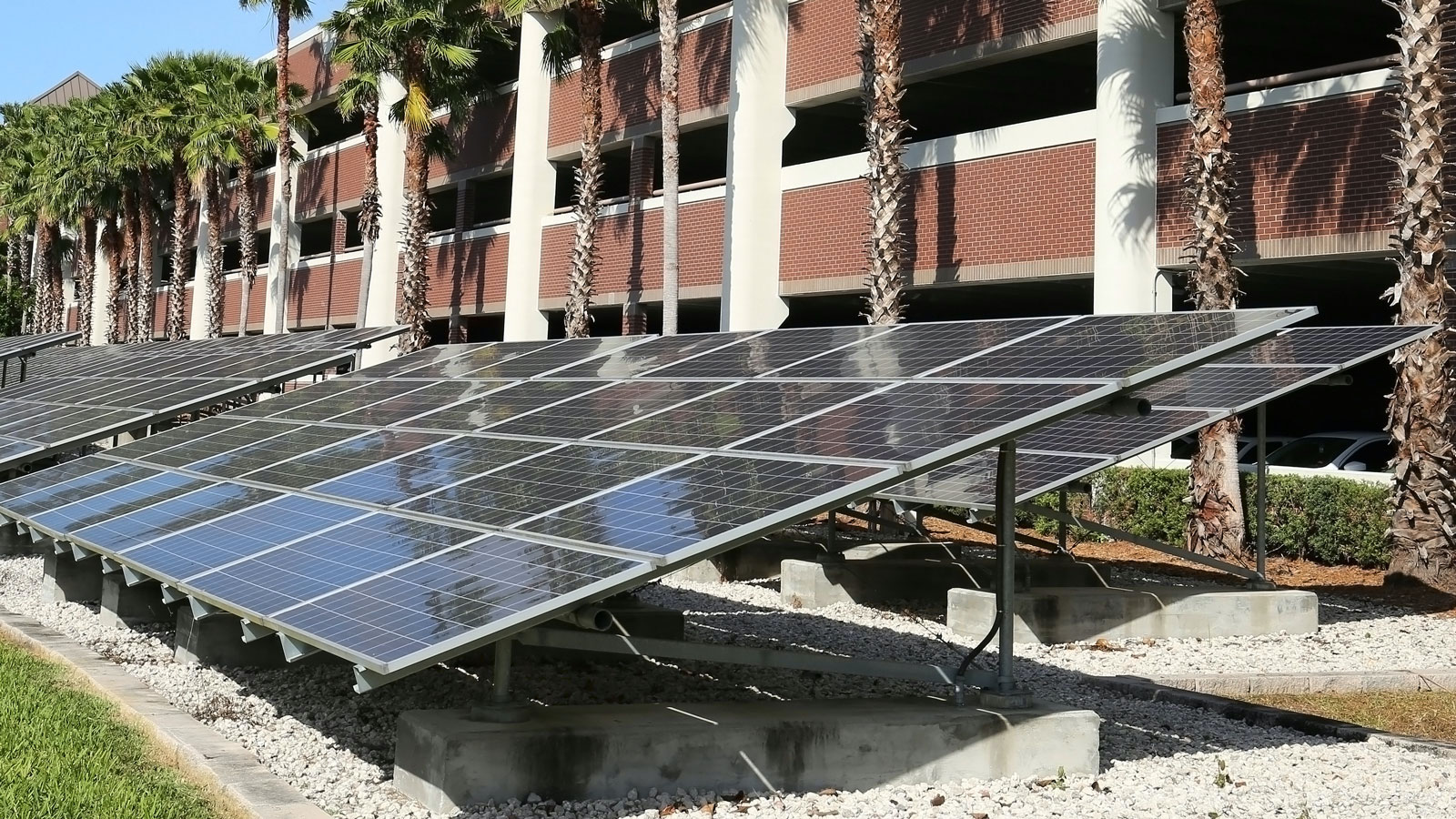
On behalf of Environment Florida and our thousands of members across the state, we stand in opposition to SB 856: State Preemption of Energy Infrastructure Regulation, along with its companion bill HB 839. In addition, we oppose SB 1128: Preemption on Restriction of Utility Services. If passed, these bills would result in an unprecedented power grab by the state that would strip local communities of their control over energy decision-making. They would work retroactively to revoke all current local commitments to renewable energy, washing away decades of locally developed public policy.
Ultimately, these bills aim to take away local elected officials’ ability to best address the energy needs and interests of their constituents. For the good of advancing clean energy in Florida and supporting local control, we urge our state legislators to oppose them.
All Floridians need clean air to breathe, clean water to drink, and a liveable climate. In a greener, healthier world, we would conserve more, use the energy we have more wisely and efficiently, and rely only on sources of energy that are clean, renewable, and leave less environmental damage in their wake.
As you likely know, communities all over Florida are already taking steps in that direction. More than 20 cities and counties, from Walton County to Miami-Dade, have already instituted local fracking bans, and 11 cities, including Tallahassee and St. Petersburg, have committed to repowering with 100 percent renewable energy. Florida is already fourth in the nation for electric vehicle (EV) sales and third nationally for the number of electric vehicle charging stations installed. With this momentum in mind, cities should be able to continue to plan and prepare for both a clean energy future and the growth of EVs.
These communities are clearly on the right track. The urgency of switching away from dirty and dangerous fuels like methane gas has only intensified each year. Last year tied with 2016 for the hottest year on record. These temperatures contributed to extreme heat, more frequent and intense storms, flooding, and sea-level rise. In fact, 2020 was the most active hurricane year to date. In a recent update, the Tampa Bay Climate Science Advisory Panel said that the bay area could see an 8.5-foot sea-level increase in less than 80 years if we don’t take action to curb greenhouse gas emissions. This potential rise will not only reshape our beautiful coastal state but could also flood our low-lying communities and jeopardize our freshwater supply in the Florida aquifer.
These environmental impacts are paired with equally dangerous threats to our health. A new study by researchers at Harvard University and University College London found that almost one-fifth of deaths worldwide are associated with breathing air pollution from fossil fuel combustion — which is much higher than scientists previously thought.
Our cities, counties, and towns need a range of tailored tools to prepare their locality for the future. These three bills would take away those necessary instruments. They would revoke local decision-makers’ ability to restrict the use of fossil fuels and rip control of transportation energy infrastructure out of the hands of locals, who know best how to address these issues.
Equally important, these broadly written bills would deeply undermine local environmental and health protections. Without a say over what energy sources their city’s utility could employ, local governments would be unable to tailor their choices to best serve the well-being of the people and animals who inhabit their jurisdictions.
Among the many faults of these bills, SB 1128 would slow down the deployment of clean energy technologies, prevent municipalities from moving away from outdated gas-powered building codes and make any commitment to 100 percent clean energy effectively impossible. This is so wrong because instead of trying to reverse local decision-making, we should be working to advance solutions that help create a cleaner and healthier future for all Floridians.
Beyond that, SB 856 and HB 839 would significantly hinder local transportation planning, prohibiting cities from amending their comprehensive plan, land use map, zoning districts, or land development regulations relating to transportation fuels. As more alternative fuel vehicles like hydrogen fuel cells and electric cars hit the roads, local communities will need the ability to install fueling stations to support those vehicles. Transportation needs vary widely across Florida — what works best for the residents of Mariana wouldn’t be best for those in Miami. For instance, the bills would prevent cities from updating building codes to include EV-ready parking spots at apartments or grocery stores.
We urge the state legislature to oppose these three bills and, instead, choose a path that gives Floridians a resounding say in how we power our homes, businesses, transportation, and communities. Our local decision-makers know how to best meet the needs of their residents and should have the authority to pass policies that reflect and act in their community’s interests, needs, and values.
We respectfully urge our legislators to vote no on SB 856, HB 839, and SB 1128.
Topics
Authors
Ryann Lynn
Find Out More
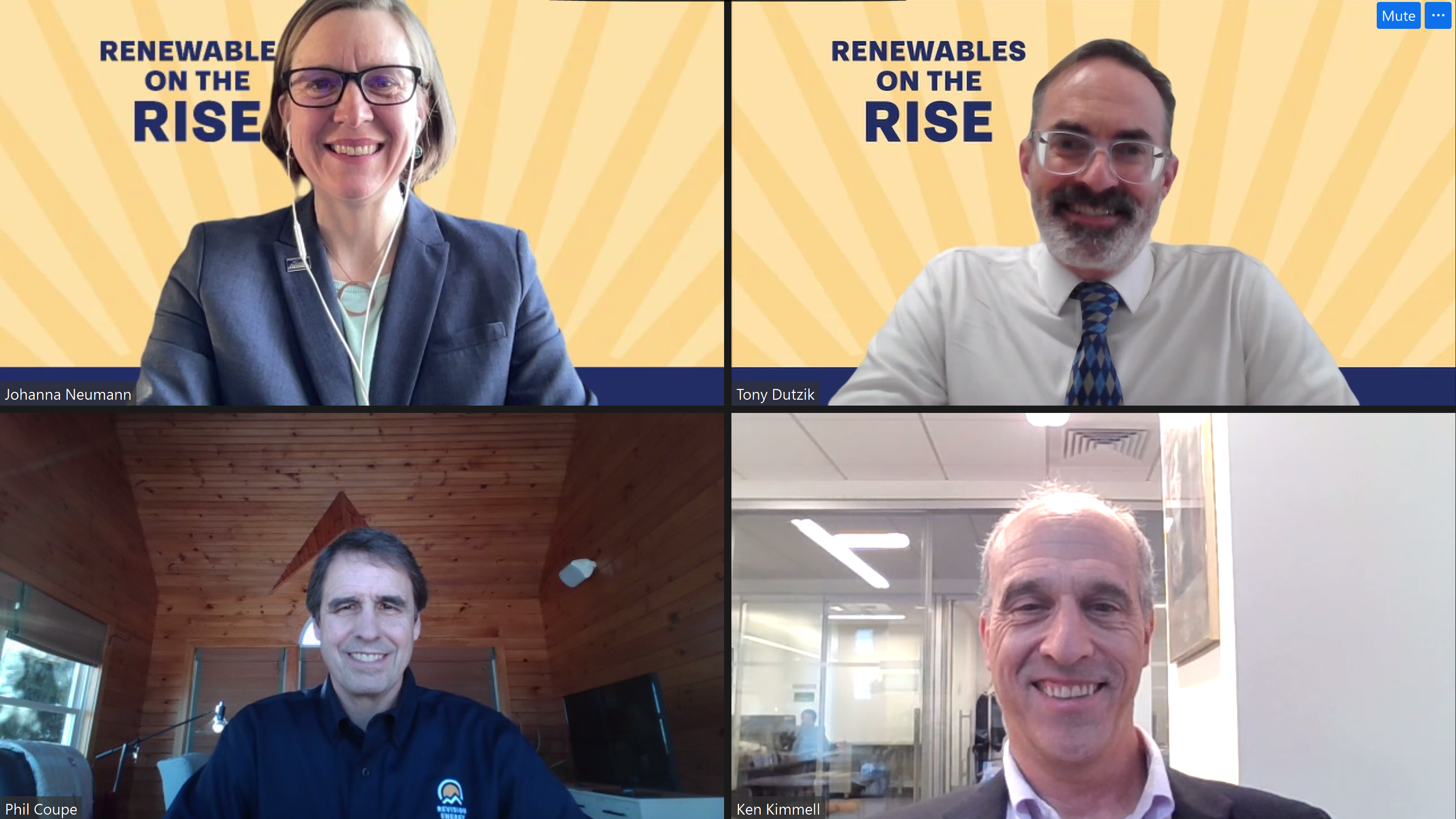
Key takeaways from Renewables on the Rise: Success Stories
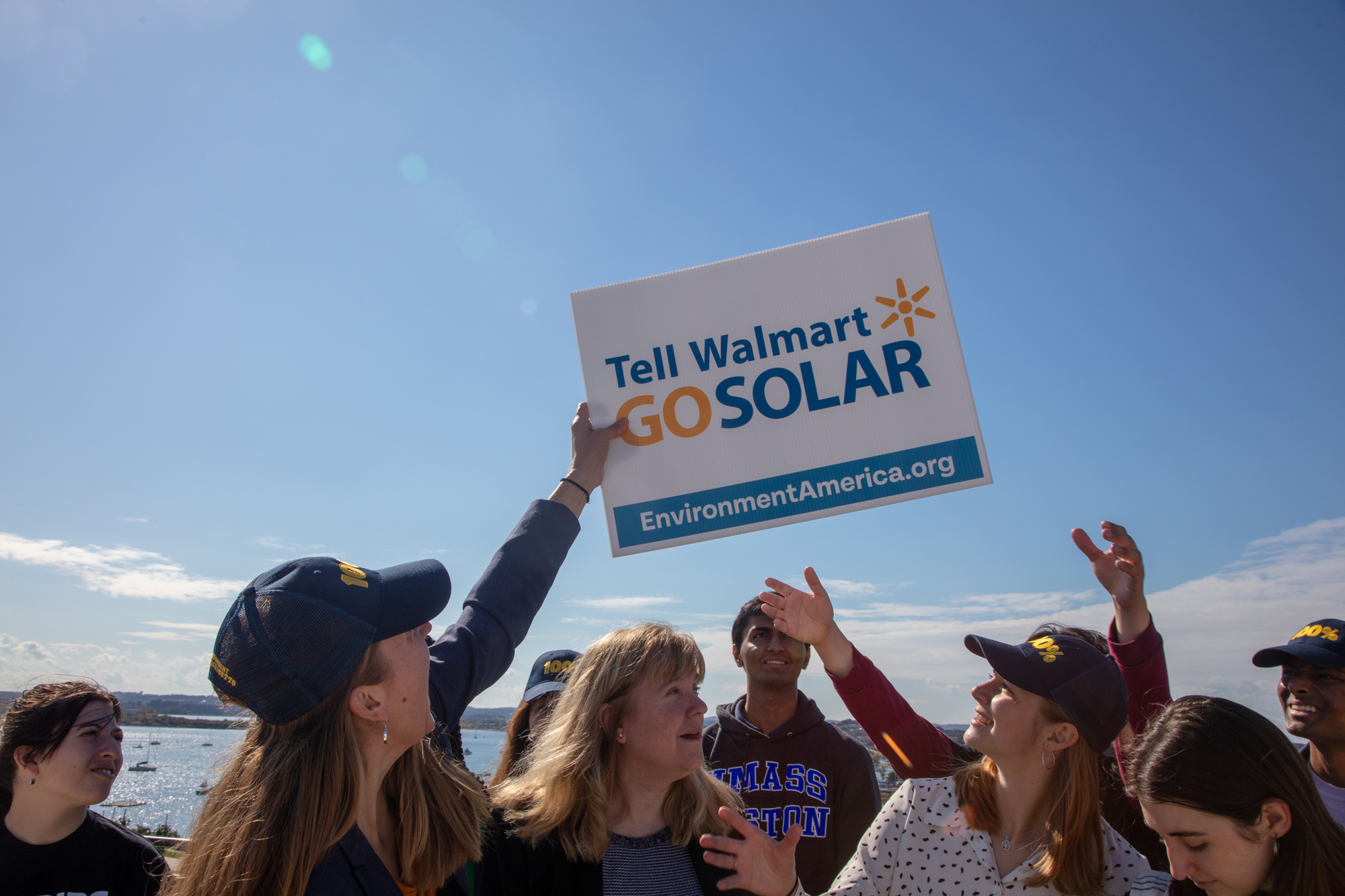
Which 10 American retailers can lead the way on rooftop solar?
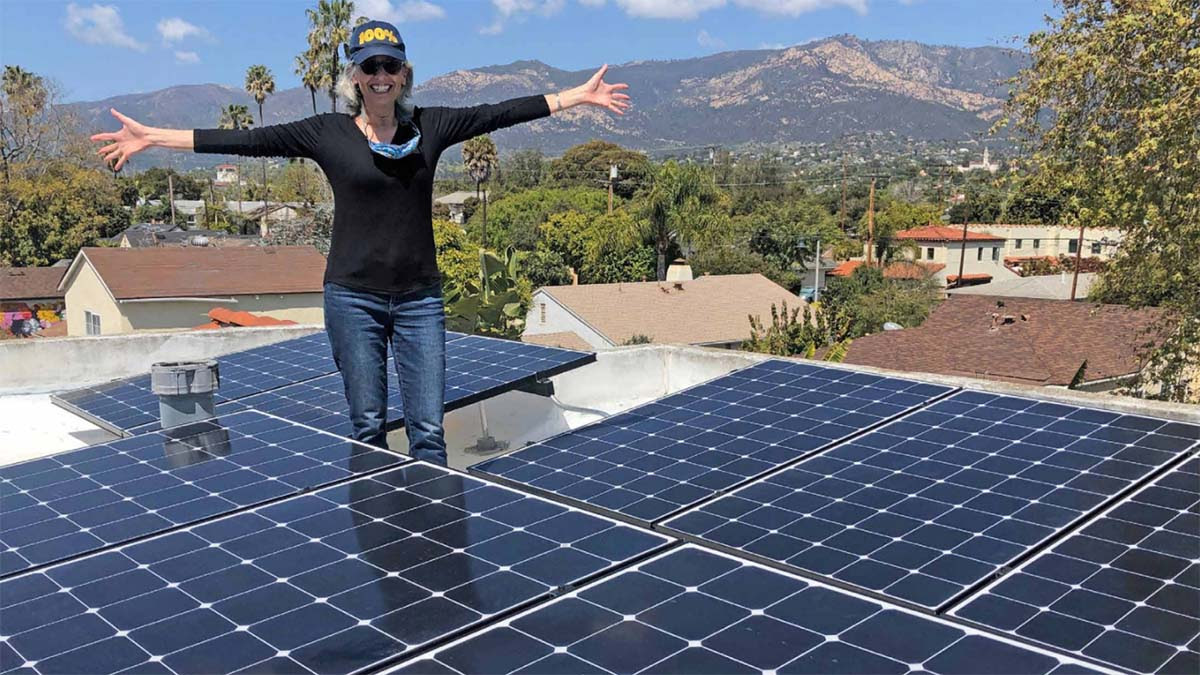
More rooftop solar, less red tape
